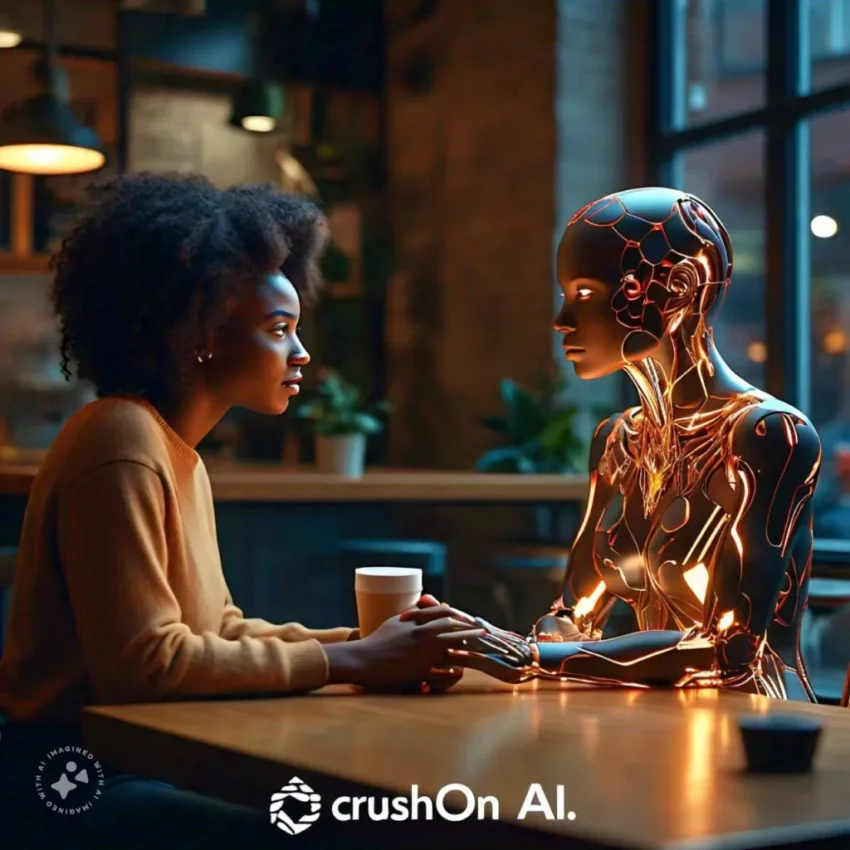Crush on AI: What Makes Us Fall in Love With Artificial Intelligence
And as technology advances — and sometimes becomes downright surprising — the ties between flesh and metal get deeper. One of the most interesting recent developments is normal human behaviour — falling in love or into some form of affection with artificial intelligence (AI) systems, as reports on this topic open up. For this crush on AI — stamped as affective relationship — raises skepticism about sensualities, the new forms of relationships and the ability for apprehension.Crush on AI
The Evolution of Emotional Human-AI Relationships Crush on AI
Well, a “crush on AI” sounds very sci-fi but in our digital world this seems to happen more often as well. It describes people who form emotional or romantic connections with an AI, such as a virtual assistant, chatbot or even characters in games and online communities.
As AI becomes increasingly good at simulating human feelings and reactions, it’s no wonder that some users feel compelled
AI in Popular Culture and Media Crush on AI
Not new concept on the way to feel affection for AI has been investigated for decades in science fiction. The human-AI relationships concept, as brought forth in films such as Her (2013) where the main character becomes in love with an intelligent system operated by an artificial intelligence system, has enhanced. These representations frequently examine the interface between real and artificial feeling, wondering how one knows if the line between human interaction and machine interaction is broken.
With increasing ubiquity of AI in everyday life, these themes are being revisited in both serious and playful ways, raising to reconsider the (forms of) relationships in the digital world.
The Future of Human-AI Relationships
With AI further developing, it seems we are going to find more and more people forming emotional bonds with AI. But one must also acknowledge that AI, even its most advanced, is not going to be able to fully “feel” back in response to human emotion, if and when that would be.
The future of the use of AI in mental health support systems, companion roles, etc., could be more pervasive and lead to new ways of interacting with technology in people’s lives. Nevertheless, the ability to keep an equilibrium between virtual and real relationships will be important for mental and emotional health.
Conclusion
The phenomenon of developing a “crush” on AI reflects the deepening relationship between humans and technology in today’s world. As AI systems provide security, companionacy, and emotional support, they cannot replace real human interaction. With the development of the field of Artificial Intelligence, it is important to think of these interactions with awareness, keeping in mind that they should enhance, not replace, real life relationships
